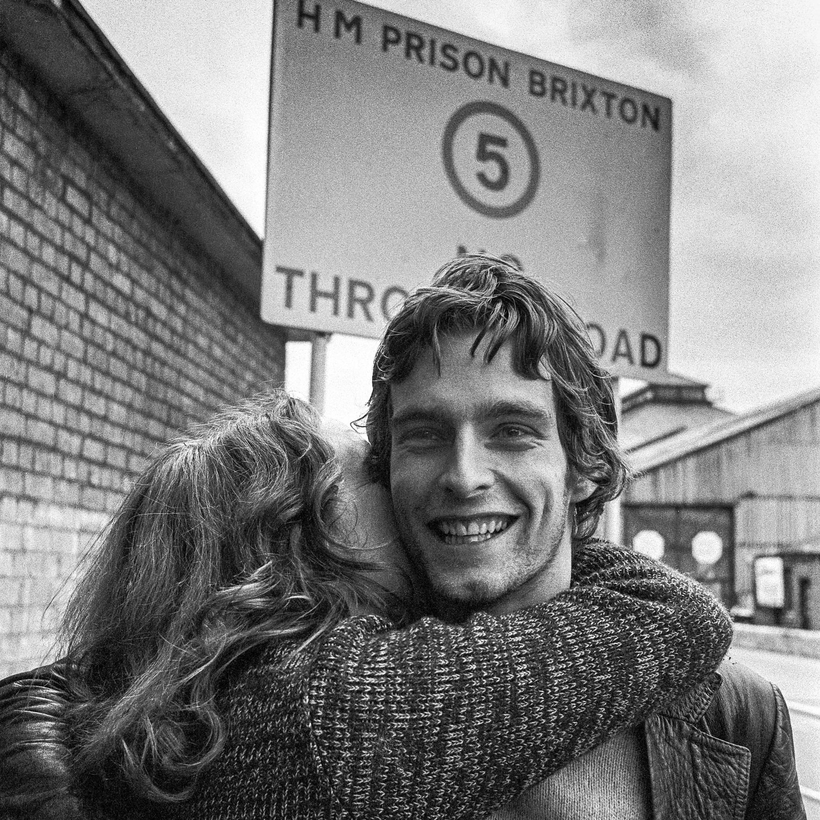Top Boy, the British crime drama about two Black drug dealers living in a housing project in East London, is one of Netflix’s biggest hits. But its white creator, Ronan Bennett, has remained enigmatic.
Bennett was raised by a single mother in Belfast during the Troubles—the sectarian warfare between Catholics and Protestants—in the 1970s. In 1974, when he was only 18, Bennett, a Catholic, was wrongly convicted of murder and imprisoned in the Long Kesh prison, known colloquially as “the Maze,” where leading I.R.A. activist Bobby Sands died of a hunger strike.


